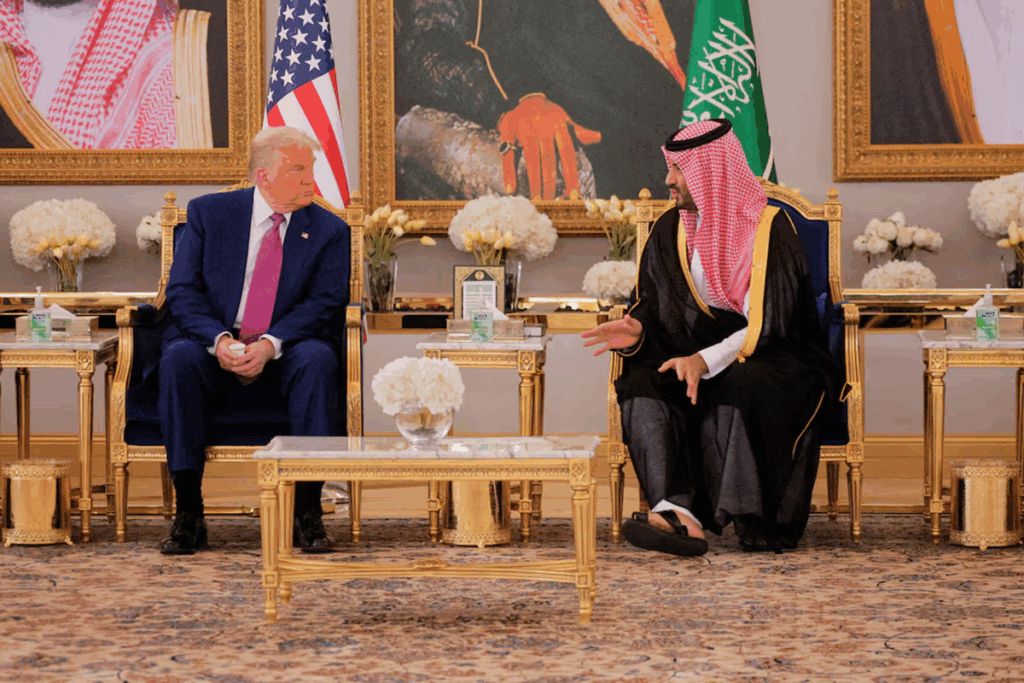U.S. President Donald Trump embarks on a high-stakes Gulf visit, prioritizing blockbuster economic agreements over regional security concerns. From Saudi Arabia to Qatar and the UAE, he aims to secure trillions in investments.
By Our Correspondent
New Delhi – U.S. President Donald Trump landed in Riyadh on Tuesday, kicking off a four Cheap UK Escorts-day Gulf tour focused on clinching massive economic deals. Accompanied by top American business tycoons, Trump’s itinerary includes Saudi Arabia, Qatar, and the UAE, but notably excludes Israel, sparking speculation about shifting U.S. priorities. The Saudi-US Investment Forum in Riyadh set the stage, with Saudi Investment Minister Khalid al-Falih touting expanded business opportunities beyond oil, signaling a new era of economic collaboration.
Saudi Arabia’s Vision 2030 in Focus
Trump’s visit aligns with Saudi Arabia’s Vision 2030, Crown Prince Mohammed bin Salman’s ambitious plan to diversify the economy from oil dependency. The kingdom has pledged $600 billion in investments, though Trump is pushing for $1 trillion. The forum showcased “Giga-projects” like NEOM, a futuristic city, despite challenges from rising costs and declining oil prices. High-profile CEOs like Blackrock’s Larry Fink emphasized Saudi Arabia’s economic transformation, noting its shift from a follower to a leader in global markets.
Economic Priorities Amid Geopolitical Tensions
While economic deals dominate, Trump’s trip unfolds against a backdrop of global tensions. He may visit Turkey to broker talks between Russia’s Vladimir Putin and Ukraine’s Volodymyr Zelenskiy. Meanwhile, U.S.-Iran nuclear talks in Oman and Gaza ceasefire efforts highlight regional volatility. Saudi Arabia’s offer of a $100 billion arms package underscores enduring U.S.-Gulf security ties, but Trump’s focus remains on economic gains, with potential expansion of the Abraham Accords on the horizon.
Qatar and UAE: Expanding Economic Horizons
Trump’s stops in Qatar and the UAE will continue the economic push, leveraging the Gulf’s wealth to fuel U.S. investments. The absence of Israel from the itinerary has raised eyebrows, especially as U.S. frustration grows over the Gaza conflict. Still, Trump’s Middle East envoy, Steve Witkoff, hinted at imminent progress on Arab-Israeli normalization, though Saudi Arabia’s stance on Palestinian statehood poses challenges.
Trump’s Gulf tour underscores a strategic pivot toward economic partnerships, sidelining thorny security issues. As he courts Gulf wealth, the world watches whether these deals reshape global alliances.


